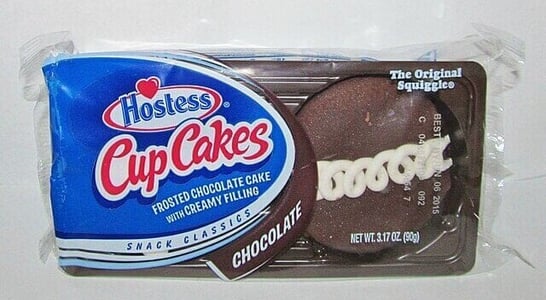
Richard Feynman's birthday
Richard Feynman, born on May 11, 1918, was a remarkable physicist known for his energy and curiosity. His work in quantum mechanics and particle physics earned him worldwide fame.
Feynman had a talent for making complex science easy to understand. He won a Nobel Prize and inspired many with his teaching. His life was full of adventure, from cracking safes to playing bongos, making him a true scientific icon.
Richard Feynman’s Early Years
Richard Feynman’s childhood in Far Rockaway, New York, was filled with curiosity and exploration. Born in 1918, he showed an early passion for science.
His father, a uniform salesman, encouraged this interest. Feynman often recalled how his dad taught him to think about the world in new ways.
At age 15, Feynman taught himself advanced mathematics, setting the stage for his future. He won the New York University Math Championship, a feat that highlighted his exceptional talent.
His love for physics grew during his high school years. He could solve complex problems that even his teachers found challenging.
Feynman’s college journey began at the Massachusetts Institute of Technology (MIT). He studied there from 1935 to 1939, majoring in physics. His brilliance shone through his academic work.
In 1939, Feynman went to Princeton University for his graduate studies. There, he impressed his professors with his innovative thinking.
His Ph.D. thesis on quantum electrodynamics was groundbreaking, shaping his path as a leading physicist.
The Remarkable Journey of Richard Feynman
Richard Feynman’s career was a series of impressive achievements. After completing his Ph.D., he joined the Manhattan Project during World War II.
Here, Feynman played a key role in developing the atomic bomb. His problem-solving skills were crucial in this period. Despite the project’s secrecy, Feynman found time for lighter moments, like his famous safe-cracking escapades.
In 1951, Feynman began teaching at Cornell University. He quickly became known for his unique teaching style. His lectures were informative, engaging, and entertaining.
Feynman believed in making science accessible to everyone, and this approach won him many admirers among students and colleagues.
Feynman’s most significant scientific contribution was in quantum electrodynamics (QED). His work in this field earned him the Nobel Prize in Physics in 1965.
He shared this prestigious award with Julian Schwinger and Sin-Itiro Tomonaga. Feynman’s diagrams, part of his QED work, became essential tools for physicists worldwide.
In the 1980s, Feynman played a vital role in investigating the Challenger space shuttle disaster. His straightforward, no-nonsense approach helped uncover the cause of the tragedy. Feynman demonstrated that even simple experiments, like dipping O-rings in cold water, could solve complex problems.
Beyond his scientific achievements, Feynman was a beloved public figure. His books, like “Surely You’re Joking, Mr. Feynman!” and “What Do You Care What Other People Think?”, brought his vibrant personality to a broader audience. His ability to explain science in plain language made him a popular figure in the media.
Feynman’s journey was not just about his scientific successes. It was also about his endless curiosity and passion for life.
Feynman lived life to the fullest, whether painting, playing the bongos, or exploring new ideas. His legacy continues to inspire scientists and non-scientists alike.
Interesting Facts About Richard Feynman
Loved Playing Pranks: Feynman was known for his playful pranks, often amusing his friends and colleagues.
Interest in Biology: He briefly ventured into biology, studying the mechanics of the genetic code.
Artistic Talent: Feynman enjoyed drawing and painting, often signing his works under the pseudonym “Ofey. “
Feynman Lectures on Physics: His lectures were compiled into a book series, becoming a vital resource for physics students.
Feynman’s Algorithm: He proposed a simple algorithm for problem-solving: write down the problem, think very hard, and write down the answer.
Communication Skills: Feynman could explain complex topics in simple, clear language.
Also on this date...
National Twilight Zone Day
Enter another dimension…a dimension not only of sight and sound, but of mind. Binge some of Rod Serling’s mind-bending episodes of The Twilight Zone.
National Technology Day
From smartphones to social media, and with new innovations emerging every day, it's exciting to see how tech will shape our future.
National Eat What You Want Day
Drop your rules and restrictions around eating and just enjoy life a little by eating what you want on this health and body image conscious day.




